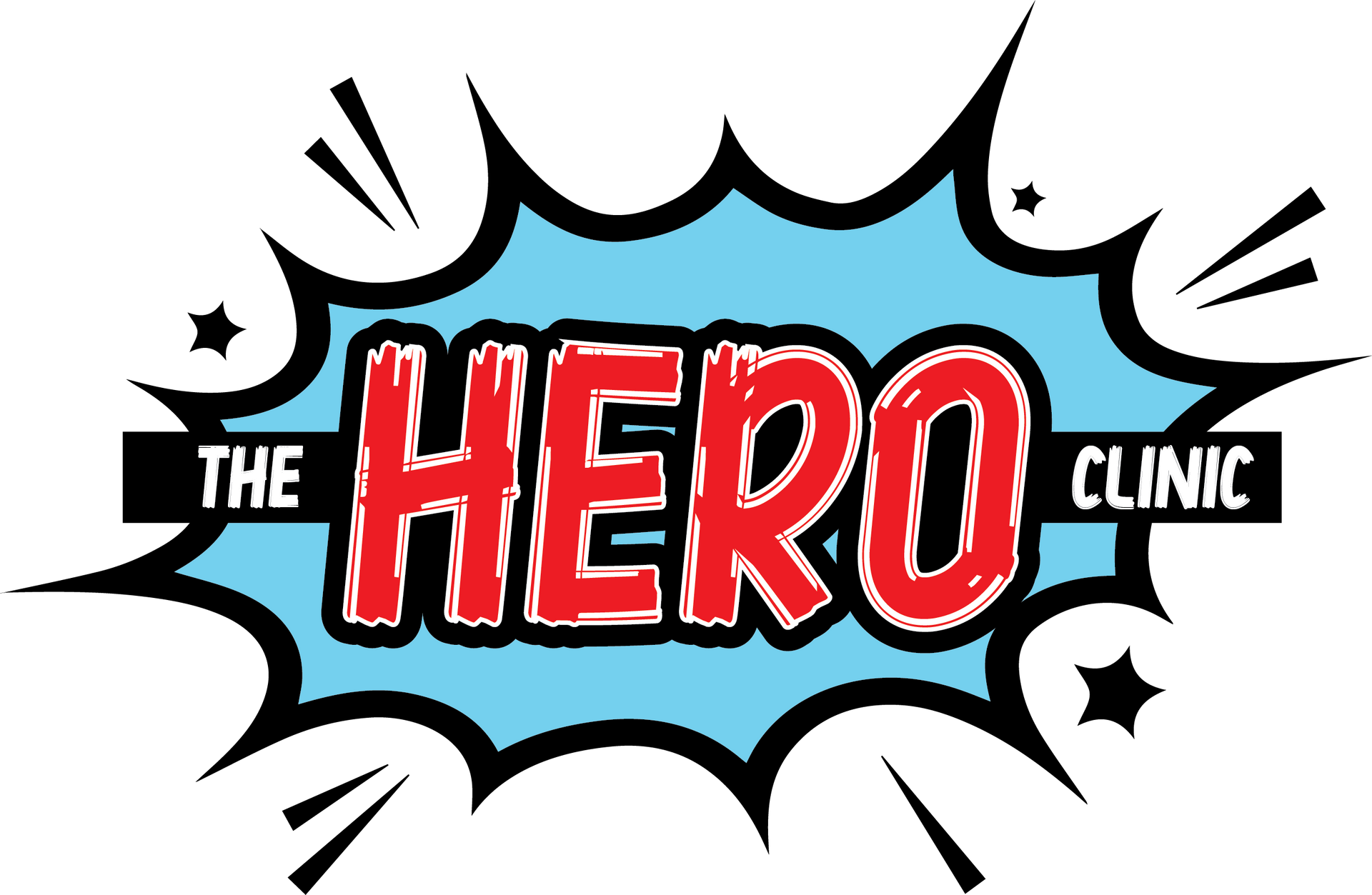We Manage Autism
The Hero Clinic Provides Diagnostic Clarity and ongoing support for Autism in Columbia, MO
Understanding an autism diagnosis
Autism is a neurodevelopmental disorder that affects a child’s social communication and interaction, as well as their behavior and sensory processing. It is estimated that around 1 in 54 children in the United States are diagnosed with autism, and managing this condition is a complex process that involves a range of interventions and therapies.
One of the most widely used interventions for managing autism in children is Applied Behavior Analysis (ABA). ABA is a form of therapy that focuses on modifying a child’s behavior through positive reinforcement, shaping, and prompting. While ABA is effective in improving social skills, language development, and reducing challenging behavior in children with autism, there is also controversy surrounding its use.
One of the criticisms of ABA is that it can be too focused on compliance and conformity, rather than addressing the underlying causes of a child’s behavior. This can lead to an overemphasis on conformity and the suppression of the child’s natural interests and personality, which may ultimately be detrimental to their long-term well-being.
Another concern is that ABA can be too intense and structured, with sessions lasting for several hours a day, and little emphasis placed on natural learning opportunities. This can be overwhelming for some children with autism and may result in burnout, anxiety, and negative associations with learning and therapy.
Despite these criticisms, ABA continues to be widely used as an intervention for managing autism in children, and there is evidence to suggest that it can be effective when delivered in a flexible, child-centered manner.
In addition to ABA, some other interventions and therapies can help manage autism in children. These include:
- Speech and language therapy: This type of therapy can help children with autism develop their communication skills and improve their ability to understand and use language.
- Occupational therapy: This type of therapy can help children with autism develop the skills they need to carry out everyday tasks, such as dressing, eating, and playing.
- Social skills training: This type of therapy can help children with autism develop their social skills and improve their ability to interact with others.
- Sensory integration therapy: This type of therapy can help children with autism to manage sensory processing issues, such as hypersensitivity to touch, sound, or light.
- Cognitive-behavioral therapy: This type of therapy can help children with autism to manage anxiety, depression, and other emotional and behavioral issues that may accompany their condition.
It is important to note that the effectiveness of these interventions can vary depending on the individual needs and preferences of each child with autism. Therefore, parents and caregivers need to work closely with their child’s healthcare team to develop a personalized plan for managing their autism.
